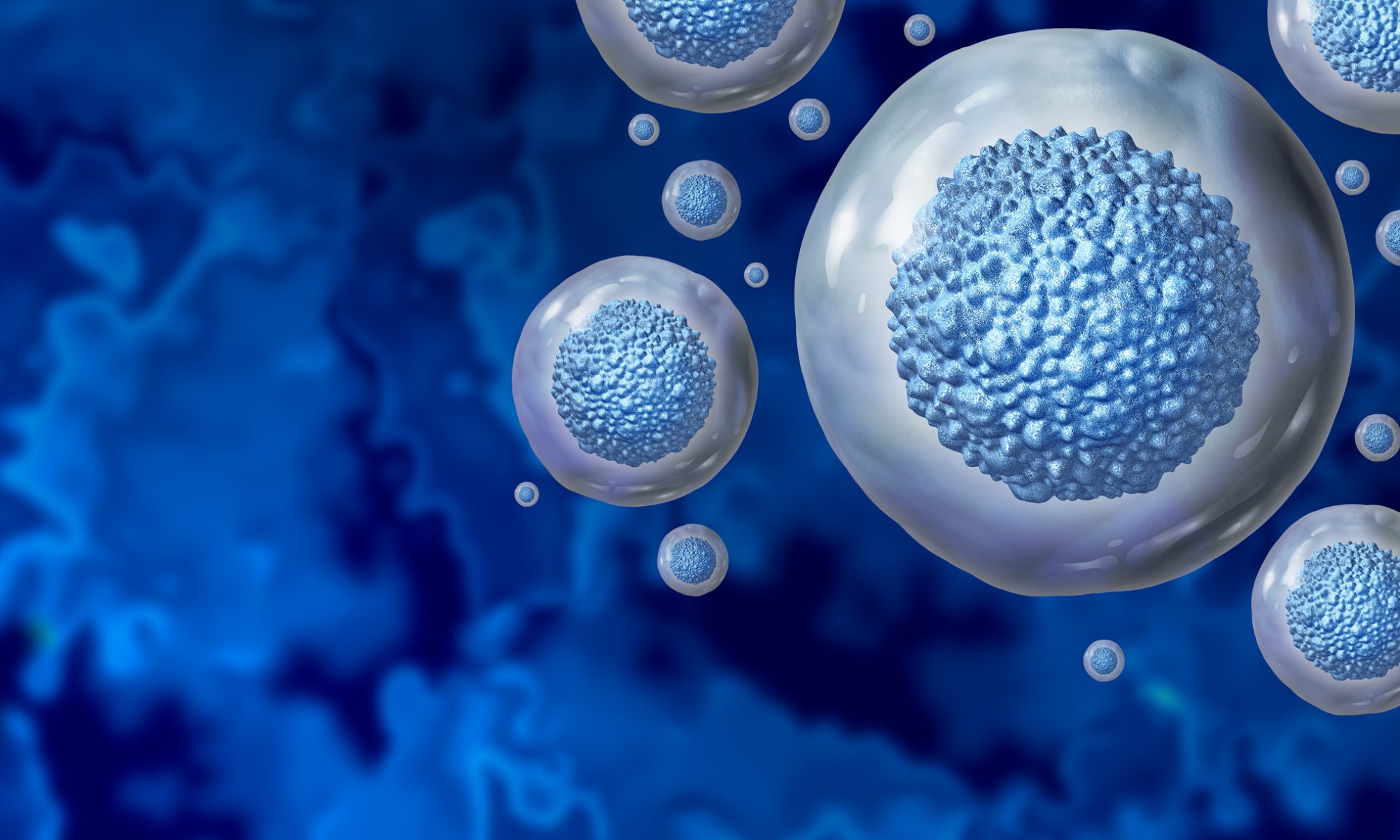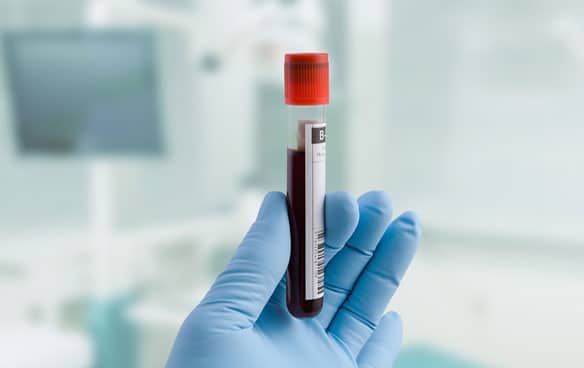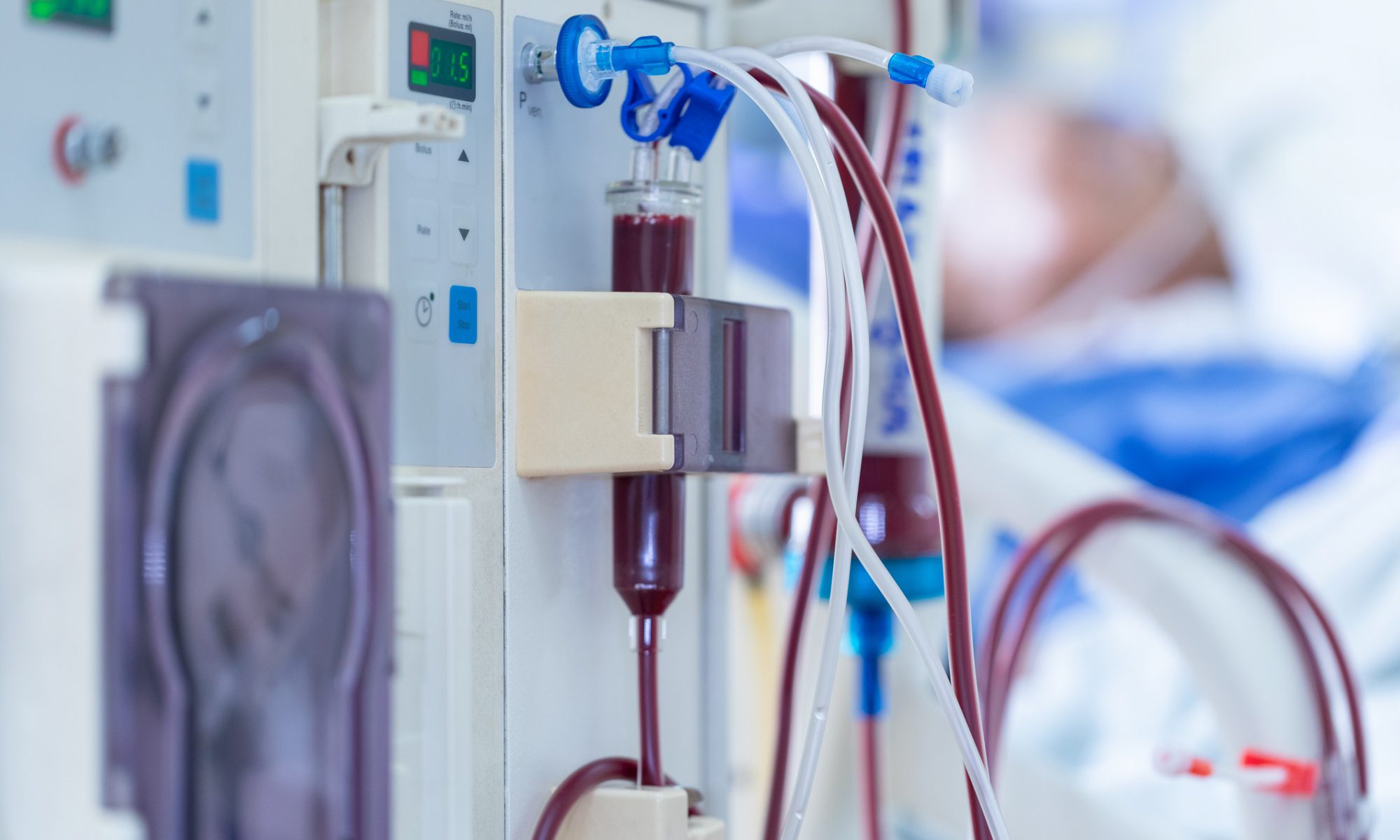Despite an increased incidence and prevalence of rheumatic heart disease worldwide from 1990 to 2019, death and disability caused by the condition trended downward, according to data published in Arthritis Research &Therapy.
“Due to the high risks of premature morbidity, mortality and disability, [rheumatic heart disease (RHD)] remains a critical public health issue worldwide, particularly in many low-income countries,” Zejin Ou, PhD, of Guangzhou Twelfth People’s Hospital, in Guangzhou, China, and co-authors wrote. Read more in Healio.







